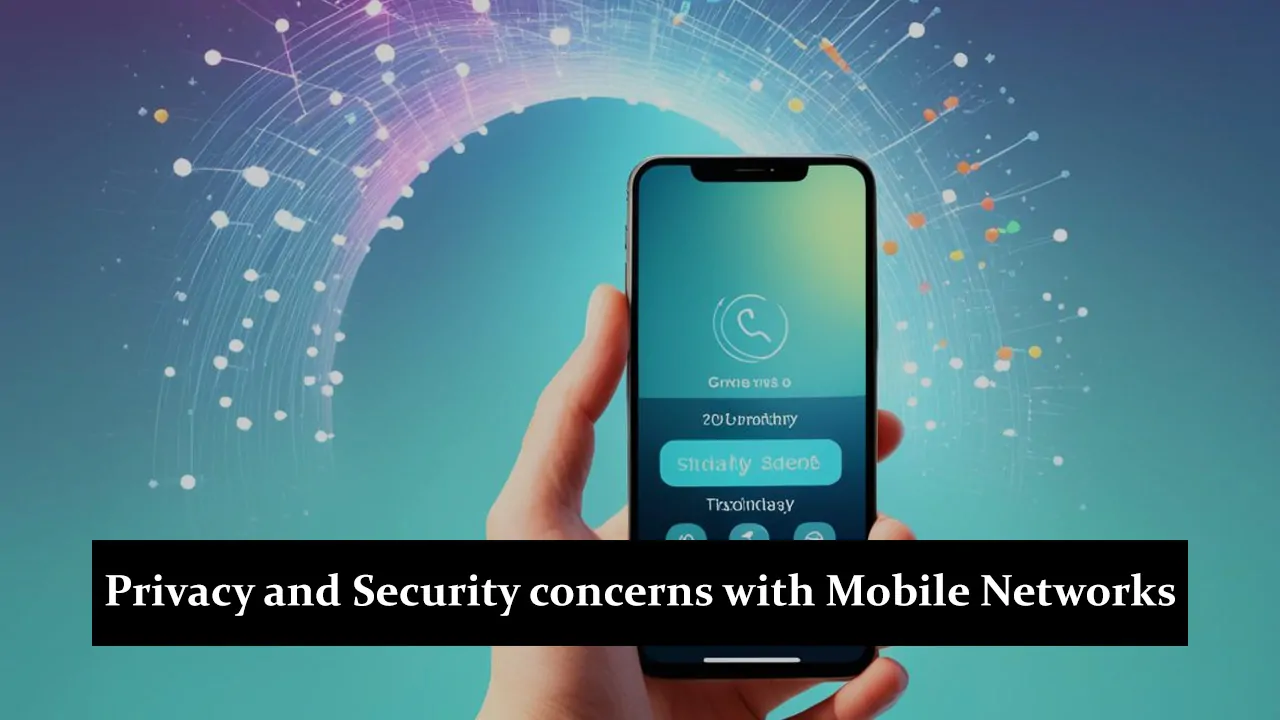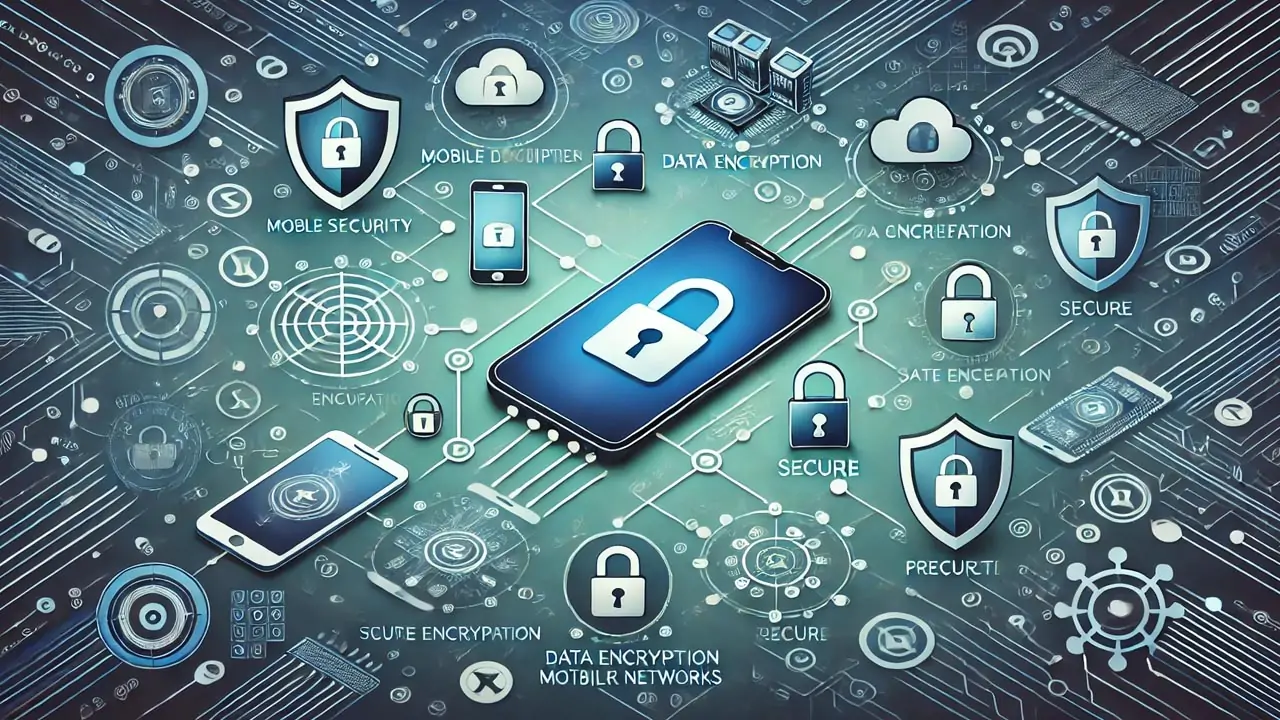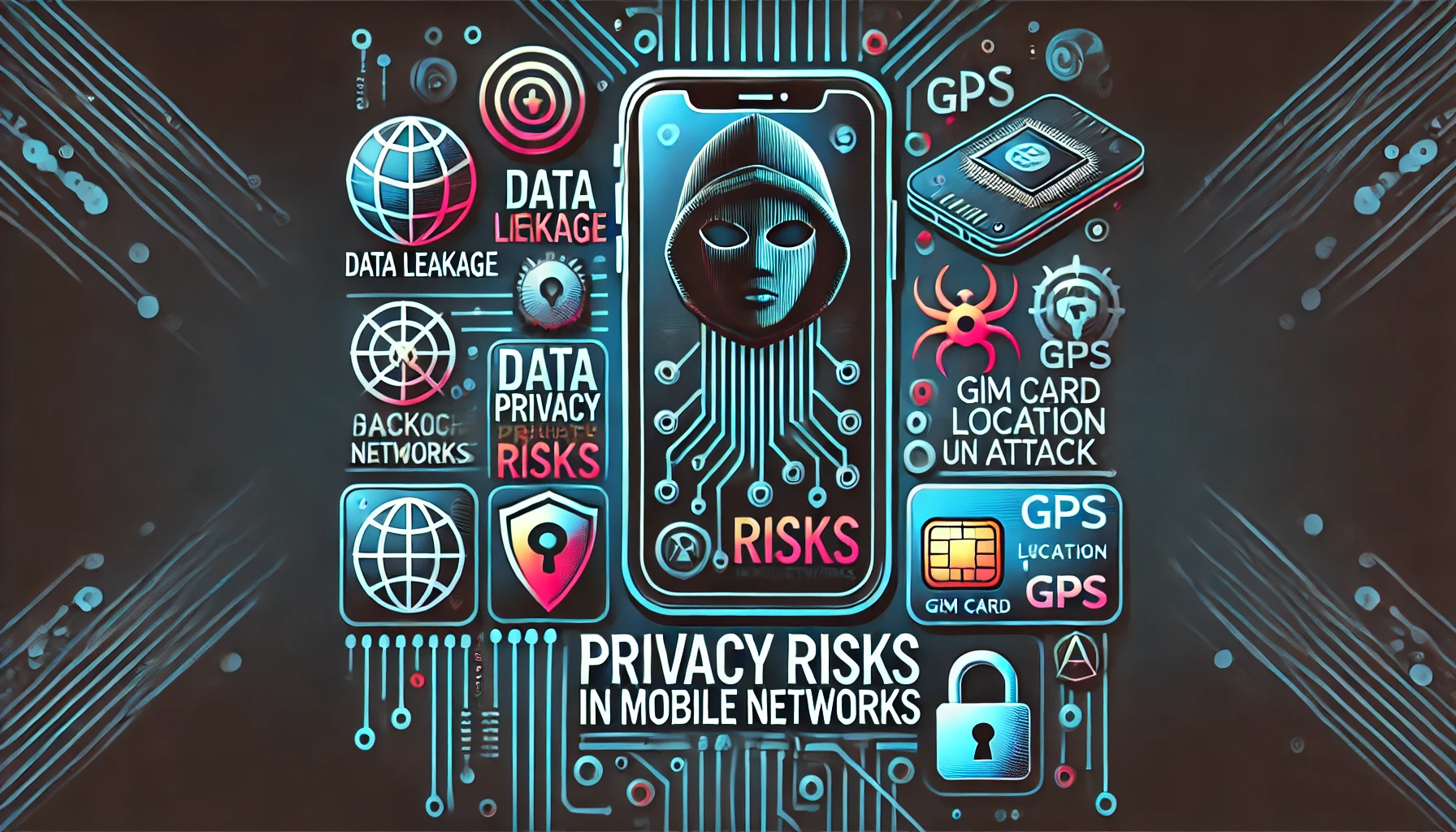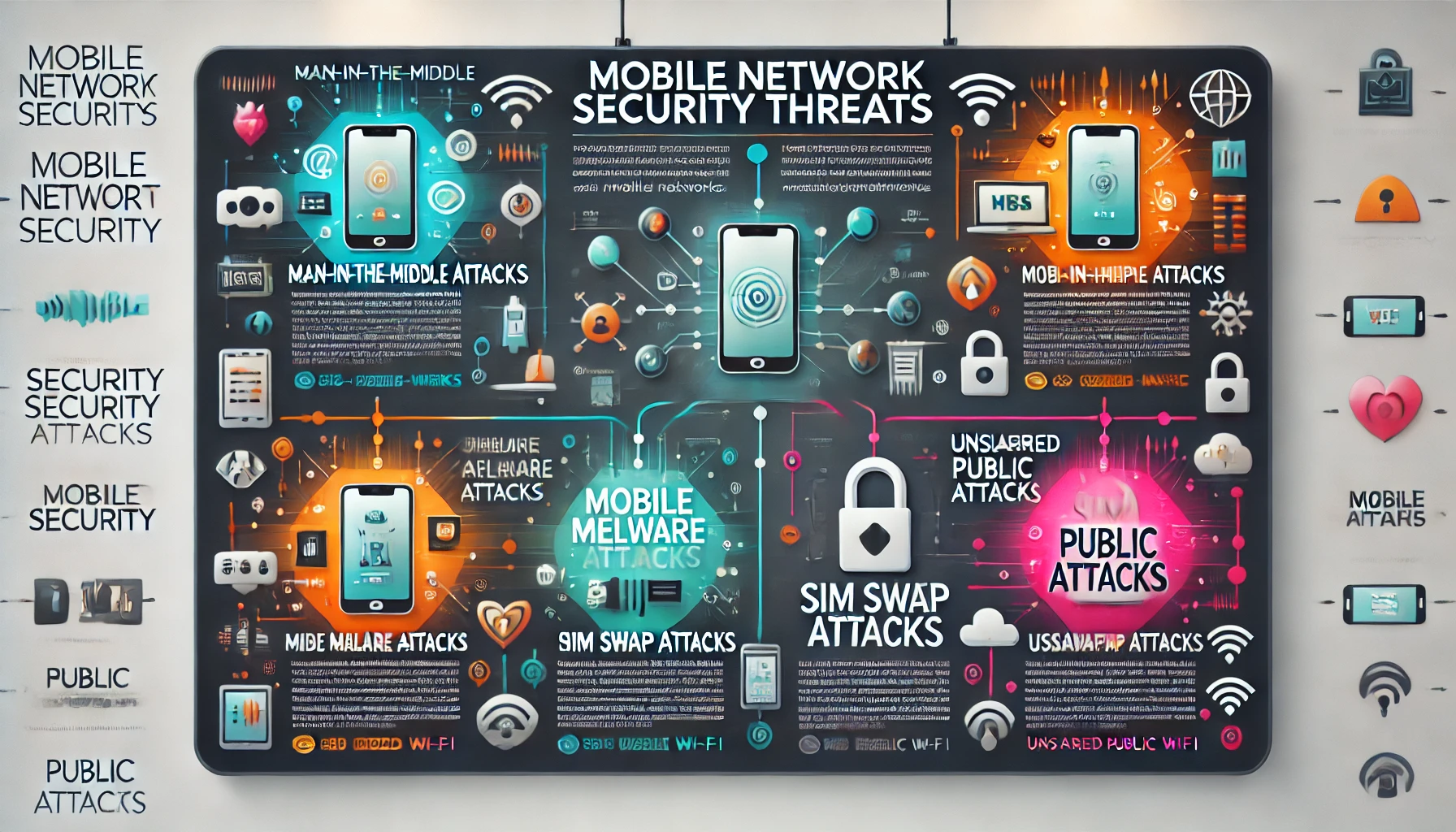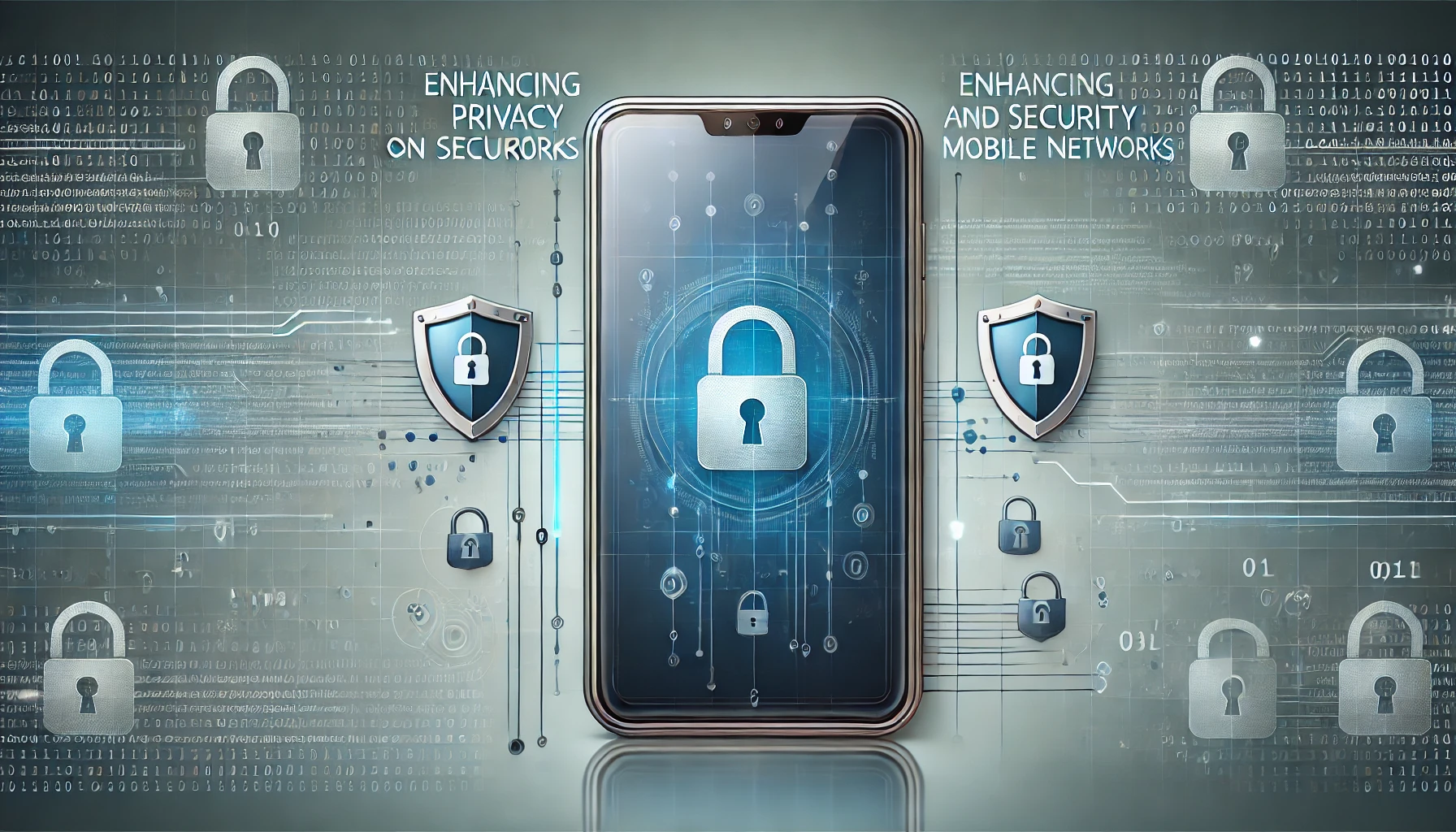Mobile networks have become integral to modern life, enabling us to stay connected through calls, messages, and the internet. However, as our reliance on these networks grows, so do the privacy and security concerns that come with them. This article aims to raise awareness about the potential risks of mobile networks and provide actionable insights to help protect your privacy and security.
Understanding Mobile Network Privacy
What is Mobile Network Privacy?
Mobile network privacy protects user data shared and transmitted through mobile networks. This data includes personal information, browsing history, location data, call records, and more. Understanding how this data is handled and what privacy risks exist is essential for staying secure in today’s digital world.
- Personal Information: Your name, address, and contact details.
- Browsing Data: Websites you visit and online activity.
- Location Data: Your real-time and historical location.
- Communication Records: Call logs, message histories, and more.
The Role of Telecom Companies and Third Parties
Telecom providers and third-party services play a significant role in managing user data. While they are expected to protect this data, risks are always involved, especially when data is shared with third-party apps or services that might need stronger privacy measures.
Common Privacy Risks in Mobile Networks
Data Collection and Tracking
Telecom providers, apps, and even third-party services often collect user data for various purposes, such as marketing or analytics. This data is valuable but can expose your personal information if handled improperly.
Location Tracking
Many apps request location data to offer personalized services. However, sharing your location can pose risks, especially if it falls into the wrong hands. Review which apps can access your location and disable it when not needed.
Metadata Leaks
Even if the content of your communication is secure, metadata such as call duration, timestamps, and locations can still be leaked. This seemingly harmless data can reveal a lot about your habits and preferences.
SIM Card Vulnerabilities
SIM card swapping and cloning are common threats that can compromise mobile network privacy. Hackers use these methods to hijack phone numbers and gain access to sensitive accounts.
Mobile Network Security Threats
Man-in-the-Middle (MITM) Attacks
MITM attacks involve a hacker intercepting communication between two parties, allowing them to steal data or alter the information being transmitted. These attacks are particularly concerning in mobile networks due to the vast amount of data being exchanged.
Mobile Malware and Spyware
Malware and spyware are increasingly targeting mobile devices. These threats infiltrate devices through malicious apps or insecure network connections. Once installed, they can steal personal data or track users’ activities.
Phishing and SMS Attacks (Smishing)
Phishing attacks, where users are tricked into revealing personal information, have also evolved into SMS-based attacks known as “smishing.” These attacks can compromise your privacy by tricking you into clicking on malicious links.
Eavesdropping and Interception
Hackers can sometimes intercept phone calls and messages, leading to significant privacy breaches. Eavesdropping on unsecured networks is one way they can do this.
SIM Swap Attacks
SIM swap attacks involve fraudsters tricking telecom providers into transferring your phone number to a new SIM card. This allows the hacker to bypass two-factor authentication (2FA) and gain control of your accounts.
Unsecured Public Wi-Fi Threats
Using unsecured public Wi-Fi networks can expose your data to potential hackers who may intercept communications over these networks.
Challenges in Protecting Mobile Network Privacy and Security
- Weak Encryption Standards: Some mobile networks still use outdated encryption methods, making it easier for hackers to breach security and access sensitive data.
- Outdated Network Infrastructure: Telecom companies need help upgrading their network infrastructure, which leaves them vulnerable to attacks that target older, less secure systems.
- Third-Party Access: Third-party apps and services often request access to user data, but not all have strong privacy and security measures, increasing the risk of data breaches.
Impact of 5G Networks on Privacy and Security
How 5G Improves Security
5G technology offers faster and more secure networks by implementing advanced encryption. However, the potential attack surface has also increased with more devices connected to the internet.
Increased Attack Surface
As 5G connects more devices than ever, it also creates new opportunities for hackers to exploit vulnerabilities across a wider range of entry points.
Privacy Concerns with 5G
With 5G’s ability to collect and process larger amounts of data, there are growing concerns about how telecom companies and third-party providers store, share, and use this data.
Regulations and Standards for Mobile Network Security
Privacy and Security Regulations
Key regulations such as the General Data Protection Regulation (GDPR) and the California Consumer Privacy Act (CCPA) set the standard for how telecom companies must protect user data.
Telecom Standards for Security
Organizations such as the 3rd Generation Partnership Project (3GPP) establish global standards for mobile network security, helping to ensure that networks remain secure and user data is protected.
Best Practices for Enhancing Privacy and Security on Mobile Networks
- Use of VPNs: Using a Virtual Private Network (VPN) is one of the most effective ways to secure your data while using mobile networks. VPNs encrypt your connection, making it harder for hackers to intercept your data.
- Two-factor authentication (2FA): Enabling 2FA adds an extra layer of security to your mobile accounts, making it more difficult for hackers to gain access, even if they have your login credentials.
- Regular Updates: Keeping your mobile devices updated with the latest software and security patches is critical in protecting them from vulnerabilities.
- Awareness of App Permissions: Reviewing app permissions regularly allows you to control which apps can access sensitive information such as location and contact data.
- Secure Wi-Fi Connections: Avoid using unsecured public Wi-Fi networks whenever possible. If you must use them, connect through a VPN for added security.
Role of Governments and Telecom Providers in Ensuring Privacy and Security
Regulatory Frameworks
Governments worldwide have implemented regulations such as GDPR to protect users’ privacy. Telecom companies are required to comply with these regulations to avoid penalties.
Telecom Provider’s Responsibility
Telecom providers must proactively secure their networks, protect user data, and comply with privacy laws. This includes regular audits, encryption updates, and safeguarding against data breaches.
Conclusion
Mobile network privacy and security are more important than ever as our lives become increasingly connected. By understanding the risks and taking proactive measures, individuals can protect their data and stay secure. Staying informed and adopting best practices can go a long way in safeguarding personal information against threats. Encourage everyone to take privacy and security seriously in their daily mobile use to ensure a safer digital environment.
